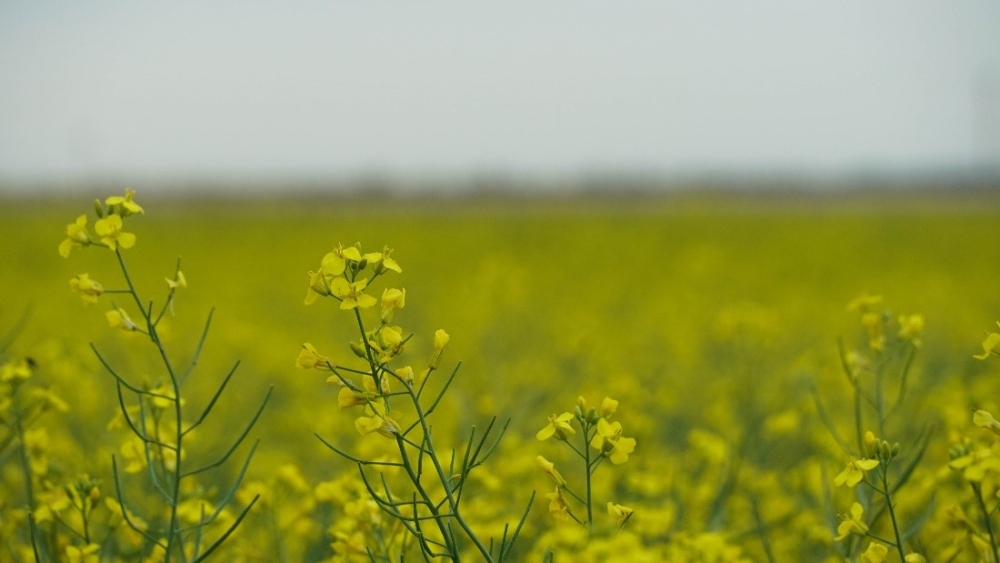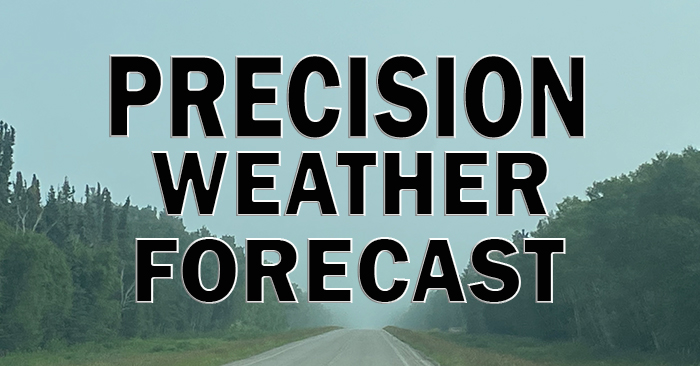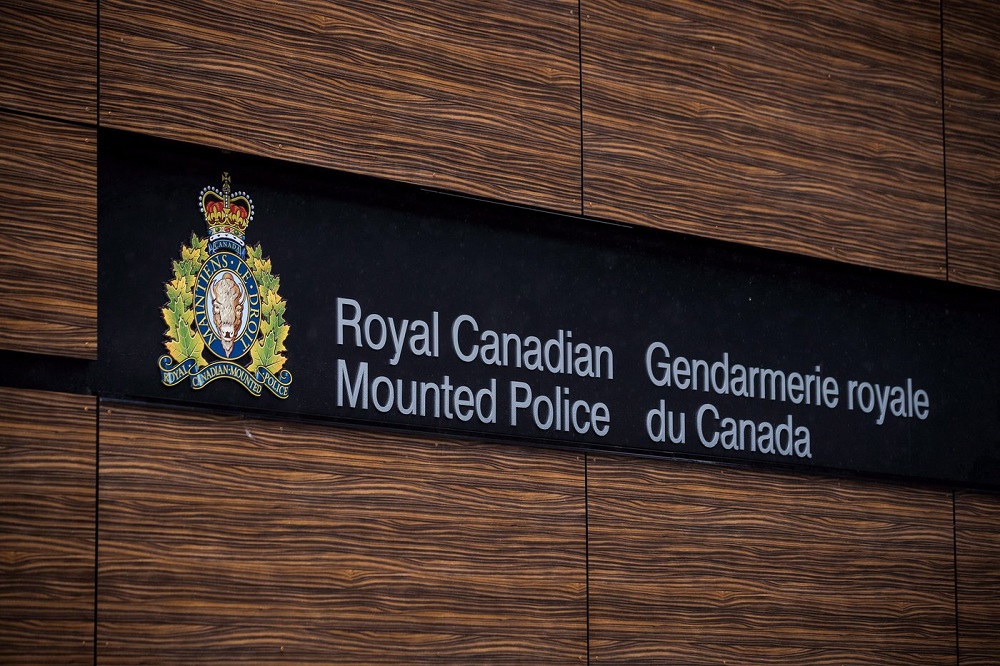The Canadian Grain Commission has decided to not increase fees for the next three years.
David Hunt, the Commissioner of the CGC, says their decision follows a review of their fee structure, conducted every three years.
“We found that the current fee levels will not cover our operating costs going forward and that’s due to a combination of lower-than-expected revenues and an increase in costs,” Hunt said. “We’ve decided that instead of fee increases as a result of the review, we’re going to use part of our accumulated surplus to cover those anticipated shortfalls this year and for the next two fiscal years.”
Fees for services like inspections of outbound grain are the primary source of revenue for the Commission, funding 90 per cent of its operating budget and the remaining 10 per cent from the federal government.
While there won’t be any increases, they’ll still be adjusted for inflation on April 1st as per the Canada Grain Regulations. The CGC says these automatic adjustments are not meant to cover new or significantly increased costs, or compensate for lower-than-expected grain export volumes.
The decision also comes at a time when spending is greater than revenues. A chart on the Commission’s website shows how much the CGC has spent compared to revenue over the last ten years – between 2014-15 and 2023-24. The trend shows spending gradually increasing while revenues are more erratic, peaking around $80 million in 2016-17 and 2020-21 before falling to above $45 million in this last fiscal year. Spending in ’23-’24 was over $75 million. Hunt says it’s too early to forecast what both will be in this fiscal year of 2024-25, but it will depend on the volume of grain exports over the next three years.
Projections of grain inspected was lower than anticipated. In 2020-21, more than 50 million metric tonnes of grain was weighed and inspected, a record at the time. The CGC projected grain volumes to be 48.1 million metric tonnes for calculating its fees in 2021, under the assumption major infrastructure investments would increase the overall amount the Commission would inspect and weigh. But a combination of those investments not increasing volumes as expected, as well as a decrease in overall crop production in Western Canada due to drought, resulted in 36.48 million metric tonnes weighed and inspected between the fiscal years of 2021-22 and 2023-24.
The CGC has been drawing from the surplus since 2021 to it’s current balance of $112 million. Hunt estimates the surplus will be reduced to $57 million by 2027. It includes an operating contingency of $40 million.
Hunt says they will consult with stakeholders before making any decisions related to the fees in the future. Hunt also says they’ll continue to make targeted investments in services to ensure it meets the needs of producers and industry.








